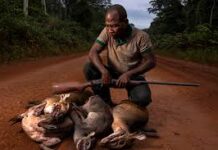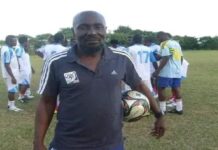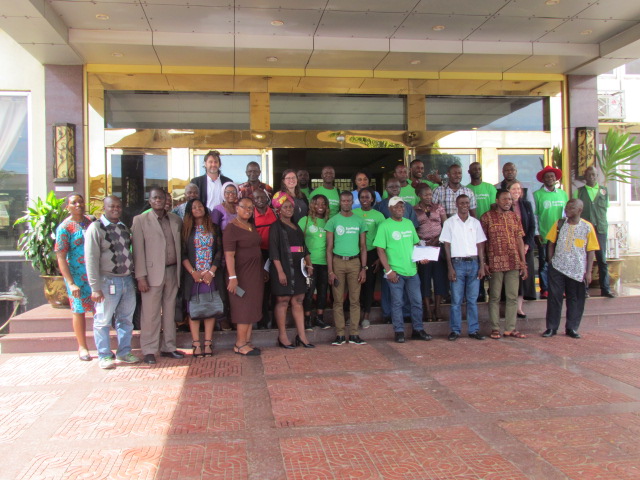The society for the Conservation of Nature of Liberia in collaboration with partners has concluded its PREDICT-2 project after four years of successful and inspiring research operations in the country.
PREDICT-2 Liberia research project has been focused on the sampling of animals for scientific purposes mainly with the aim to understand the spillover of viruses from animal to animal and from animal to human.
The SCNL-PREDICT-2 project was also aimed at developing policies and strategies that reduce the risks of animal to human disease transmission and to identify populations and communities where there is a potential spillover of animal-human disease especially in Ebola affected communities.
During PREDICT-2 four years of research work in Liberia, a range of data was collected, developed and given to the government of Liberia and other health related development partners to make a policy decision to equip and strengthen their preparedness and response to any future outbreak.
Over 5,000 bats and 300 rodents in total were sampled during the research process with one of the bats showing positive for the Zaire strain of the Ebola Virus.
The Zaire strain EVD discovery was not associated with any human-related cases the project lead, Jackson Poultolnor said.
The project was conducted in eight of the fifteen Counties of Liberia and that the only bat tested positive of the Ebola Virus was discovered in Nimba, Sinequelle-mah district and reported to the Government of Liberia through the Ministry of Health and National Public Health Institute of Liberia.
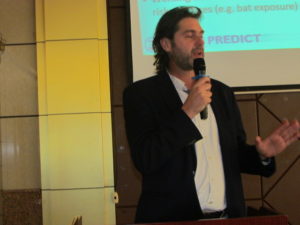
According to PREDICT-2 Liberia Project Country Coordinator Jim Desmond, he was pleased with the level of research and data generated during the research process and encouraged all those that worked with the project to make maximum use of the knowledge and skills acquired from the various experts.
Mr. Desmond, however, commended those that worked with the project and pledged to make use of their knowledge and skills once the need be.
Also speaking at program marking the closure of the project, an official of USAID-Liberia, Health, Environment Economist Jessica Healey considered the research work done by PREDICT-2 as a worthy venture because it was able to present the fact that the Ebola virus Disease can be found in bat.
Madam Healey noted that work done by PREDICT-2 will hugely impact policy decision in the health sector of Liberia.
The PREDICT-2 project was hosted by the Society for the Conservation of Nature of Liberia (SCNL). SCNL Executive Director Michael F. Garbo in a brief remark at the official closed of PREDICT-2 said the project was great to not just SCNL but the entire sub-region and called for more collaborations in strengthening research work in Liberia.
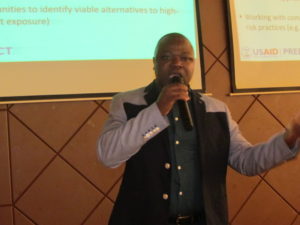
“To see this great project coming to a close, I want us to remember SCNL that recruited and hosted staffers of this project”, he said.
Mr. Garbo maintained that SCNL is always in the position to collaborate with any project that seeks to benefit the country.
PREDICT recommendations
The project which lifespan came to an end on Friday, September 27,2019 offered several recommendations.
The recommendations called for collaboration amongst FDA, EPA and the Ministry of Health to help curb human-animal contact and its associated health risks.
It also recommended the creation of awareness and education through proper information dissemination mechanism to reinforce messages concerning human-animal disease transmission.
The recommendations further emphasized the importance for stakeholders in the Health and Environmental sector to work along with communities to avoid their exposure to animals of high health risks such as bats.
The project was funded by the United States Agency for International Development (USAID) and implemented by Eco health Alliance and Society for the Conservation of Nature of Liberia (SCNL).


